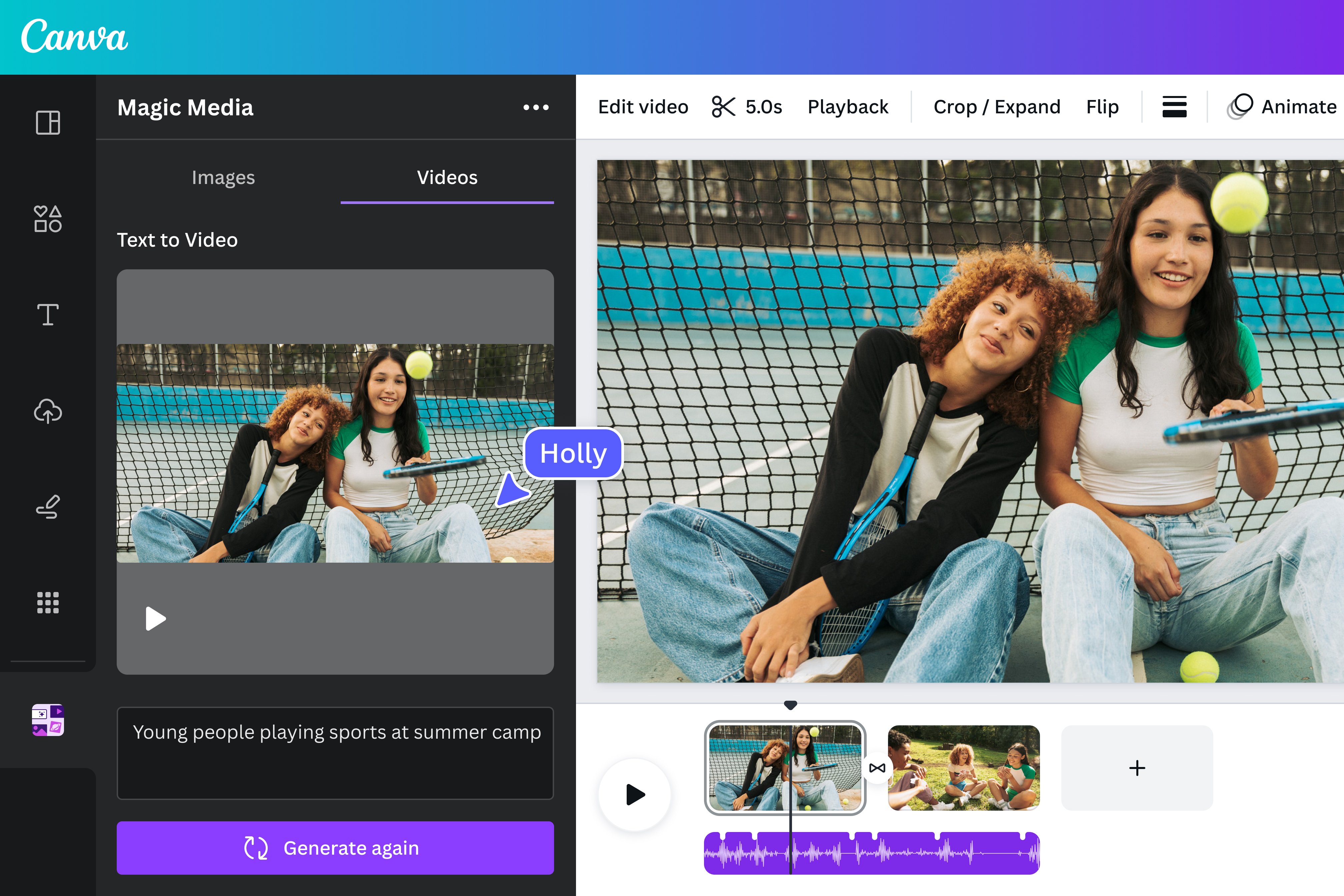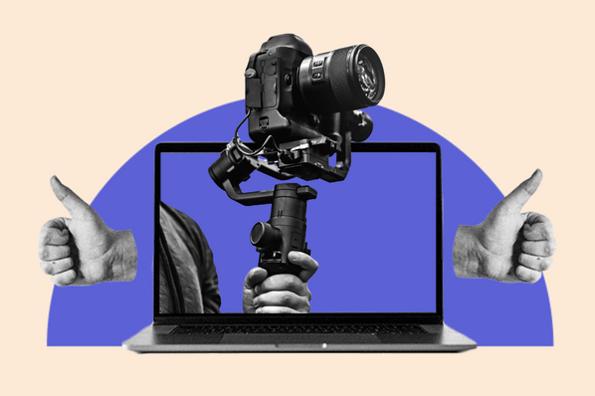MovieGen: Meta's AI video tool is shaking things up and impressing...
At first, the idea of AI-generated video from Meta might have sounded like just another far-fetched project. Many, including myself, were skeptical of Meta’s announcement of its upcoming MovieGen tool. The concept of AI-built video had been floating around for a while, and the results we’d seen in the past were often far from cutting-edge. Honestly, they were pretty basic. But now that Meta’s AI video tool is creating headlines again, it’s clear that any previous doubt about its potential feels off base. MovieGen is shaping up to be more than just impressive – it’s a game changer.

The Evolution of MovieGen
When Meta first started talking about AI-generated video, I wasn’t the only one questioning how well such technology would work. Let’s face it, the idea of letting AI create videos doesn’t exactly instill confidence. A lot of past attempts at AI-generated content, especially videos, seemed rudimentary or glitchy. They often lacked human creativity, coming across as dull or run-of-the-mill. Even though AI has made huge strides in text generation or art with tools like DALL·E and ChatGPT, video production remained a field where human creativity seemed irreplaceable.
For many, move-making is an art form combining storytelling and a solid visual sense honed by experience. Could a machine really capture those nuances? My thoughts a while back were tied to low-res, pixelated artwork or wonky imagery—nothing quite like what Meta promised with MovieGen. It felt like something too good to believe, and, at best, just another bullet point in Meta’s increasingly tech-driven ecosystem.

The Impact of MovieGen
Fast forward to today, and boy was I wrong. MovieGen from Meta’s labs has evolved into a tool that pushes the boundaries between human and machine creativity. The latest versions of the system revealed by Meta are more than just a bunch of flashy gimmicks. MovieGen is arguably a peek into the not-too-distant future of video creation.

The Future of AI in Video Creation
It isn’t just about visuals, either. The technology aims to offer something new—giving creators the ability to prompt AI to generate entire movie-like experiences. Imagine typing, “A dramatic chase scene down a rainy alley,” and having fully animated footage tailor-made to fit that vision materializing in front of you.
Competition in the AI-Generated Video Space
Meta isn’t the only player in the AI-generated video space. Other giants, including Google and OpenAI, have pursued similar tools. Google’s Imagen Video was another highly anticipated AI model aimed at generating high-quality videos from descriptions. While Google’s attempts have been promising, from early testing, the nature of MovieGen’s visuals appears to outshine many of those efforts.

Ethical Considerations
As cool as AI-generated movie content might sound, there are clear ethical questions we can’t overlook. Should AI be generating stories, ideas, or even art that was once solely the domain of human creators? Is this helping human iterations, or is it replacing them?
We also can’t forget who’s in control of this technology—mega-companies like Meta. MovieGen could potentially reshape what is considered “original” in the creative process, which leaves many artists wondering what role human ingenuity will play if AI can outperform them in raw productivity in the near future.
The singer-songwriter Nick Cave once criticized AI’s ability to write songs, calling it a mechanical imitator rather than an “authentic” artist. It’s a fair argument. AI can replicate and generate styles that match well-known genres, but does it have the soul of an artist? This line of thinking applies to AI-generated visual content as well. Sure, AI can make stunning visuals and even coherent stories, but it lacks what we could call “human experience” that drives so much fine art and creativity.
Conclusion
If I had to summarize my change in perspective on Meta’s AI MovieGen, it’d be this: never underestimate the future of innovation. AI video tools are already looking far more exciting and promising than many initially assumed. What seemed like a technical gimmick a year ago is quickly evolving into something much more useful and groundbreaking than anyone expected. It’s made me rethink what lies ahead in creative industries—especially if tools like MovieGen continue to grow and gain acceptance among all sorts of creators.
While the road to widespread AI-generated video causing massive shifts in the industry is still being paved, it’s fascinating to witness the rapid development of tools like MovieGen in real-time. So here’s to the future of AI, cautiously optimistic and always intrigued. Will the world of video content creation ever be the same? Probably not, and as someone who initially doubted this crazy idea from Meta, I’ve got to admit: I’m impressed.




















